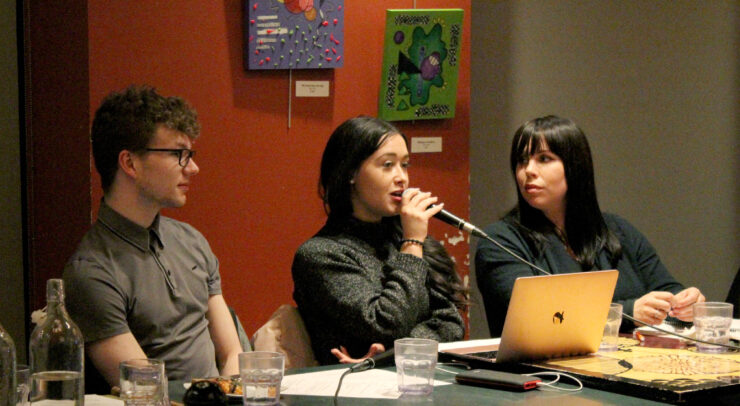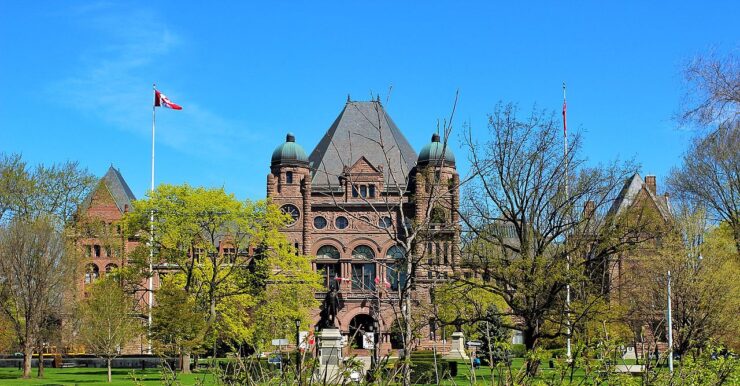Plastics company makes first sales in Canada after years of research
Some University of Ottawa students are finding early success with their plan to expand plastic recycling in small communities.
Holly Todd and Robin Donnelly, both business students at U of O, have started the company Poly through the support of the school’s Enactus program. Poly aims to sell small-scale plastic recycling infrastructure to communities or individuals with a lack of other recycling options.
After a year of prototyping, Todd said the company is “getting to a stage where we can have discussions with clients, and have something to roll out.”
The small-scale in this case is indeed very small: the whole package consists of two machines, a plastic shredder to break down the waste, and a moulder to reshape the melted down material. Each machine is smaller than a refrigerator, and the whole set costs about $20,000. The process can handle most common types of reusable plastic.
According to Todd, Poly’s machines occupy a middle ground in price and capability that suits small communities well. The lower-end recycling machines “were a bit too ‘backyard, maker-vibey,’” Todd says, and didn’t have a huge capacity. On the other hand, higher-end machines used too much power or cost too much.
“So we kind of saw a gap in between,” Todd said, aimed at “a community or an individual who didn’t want to go start their own mini municipal recycling infrastructure that costs hundreds of thousands of dollars, but also wants to do more than kind of make some things for them and their family.”
The company has already made two sales, one to a school in Iqaluit, and another to an individual in St. John, New Brunswick.
Todd and Donnelly also provide training with each sale to ensure that the equipment is used to “create social good.”
Enactus is a worldwide non-profit organization that seeks to use “the power of conscious capitalism for positive change,” according to its website. For member students, it provides entrepreneurial training and networking.
Todd and Donnelly had both been involved with the Enactus program at U of O before starting Poly. They had done work in Canada’s north and seen the lack of recycling infrastructure there, and decided to start a business to fill the need.
Speaking about the enterprise, Todd also emphasized Poly’s capacity for creating jobs in operating the machines, as well as sorting and cleaning the plastic waste.
Todd and Donnelly currently run a set of the machines themselves here in Ottawa in order to generate data and case studies to drum up more business. Here, Todd said they employ 14 people with disabilities as well as two local youth.
Based on Poly’s internal research and projections, since the company is still in its early days, an operator can make $16,000 within the first year of processing plastic waste.
Plastic recycling has been in the news in Canada over the last year, since China’s recent rejection of plastic waste has forced many Canadian municipalities to look for new solutions.
“There’s more people being drawn to the issue,” Todd said.








